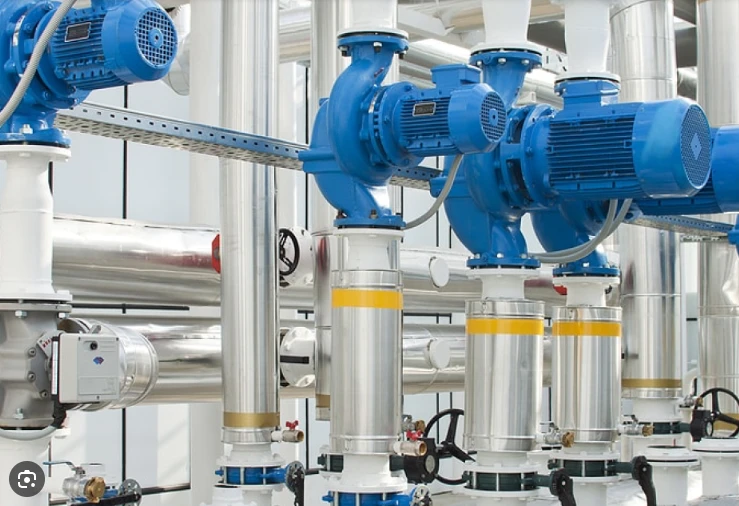Croatian
- Afrikaans
- Albanian
- Amharic
- Arabic
- Armenian
- Azerbaijani
- Basque
- Belarusian
- Bengali
- Bosnian
- Bulgarian
- Catalan
- Cebuano
- Corsican
- Croatian
- Czech
- Danish
- Dutch
- English
- Esperanto
- Estonian
- Finnish
- French
- Frisian
- Galician
- Georgian
- German
- Greek
- Gujarati
- Haitian Creole
- hausa
- hawaiian
- Hebrew
- Hindi
- Miao
- Hungarian
- Icelandic
- igbo
- Indonesian
- irish
- Italian
- Japanese
- Javanese
- Kannada
- kazakh
- Khmer
- Rwandese
- Korean
- Kurdish
- Kyrgyz
- Lao
- Latin
- Latvian
- Lithuanian
- Luxembourgish
- Macedonian
- Malgashi
- Malay
- Malayalam
- Maltese
- Maori
- Marathi
- Mongolian
- Myanmar
- Nepali
- Norwegian
- Norwegian
- Occitan
- Pashto
- Persian
- Polish
- Portuguese
- Punjabi
- Romanian
- Russian
- Samoan
- Scottish Gaelic
- Serbian
- Sesotho
- Shona
- Sindhi
- Sinhala
- Slovak
- Slovenian
- Somali
- Spanish
- Sundanese
- Swahili
- Swedish
- Tagalog
- Tajik
- Tamil
- Tatar
- Telugu
- Thai
- Turkish
- Turkmen
- Ukrainian
- Urdu
- Uighur
- Uzbek
- Vietnamese
- Welsh
- Bantu
- Yiddish
- Yoruba
- Zulu
Telephone: +86 13120555503
Email: frank@cypump.com
pro . 15, 2024 10:20 Back to list
centrifugal chemical pump
Understanding Centrifugal Chemical Pumps A Key Component in Industrial Processes
Centrifugal chemical pumps are pivotal in various industries, including chemical manufacturing, water treatment, and oil and gas. These pumps are designed to transport liquids with a wide range of chemical properties, making them indispensable tools for handling corrosive and viscous fluids. Understanding the working principles, applications, and advantages of centrifugal chemical pumps is essential for ensuring efficient and safe operations in industrial settings.
Working Principle
Centrifugal pumps operate based on the principle of centrifugal force. The core component of a centrifugal pump is the impeller, a rotating element that imparts kinetic energy to the fluid. As the impeller spins, it accelerates the liquid outward from the center of rotation, converting kinetic energy into pressure energy. The liquid enters the pump at the eye of the impeller and is forced toward the outer casing, often called the volute or diffuser, where it is decelerated, resulting in a pressure increase. This pressure allows the fluid to flow through piping systems to its desired destination.
The design of the pump, including the impeller shape and casing configuration, plays a critical role in determining its efficiency and performance. For handling chemical fluids, materials used in the pump construction must be selected carefully, considering factors like temperature, pressure, and chemical compatibility.
Applications
Centrifugal chemical pumps are used in a wide range of applications
2. Water Treatment Centrifugal pumps facilitate the movement of water in treatment plants, helping to process and distribute water in municipal systems.
3. Oil and Gas Industry These pumps are used for transferring crude oil, refined products, and other fluids in refining and pipeline operations.
4. Food and Beverage In the food industry, hygienic centrifugal pumps are essential for moving liquids like juices, oils, and other ingredients, ensuring compliance with health standards.
centrifugal chemical pump

5. Pharmaceutical Centrifugal pumps are employed in the pharmaceutical sector for precise delivery of various formulations while maintaining strict hygiene standards.
Advantages
Centrifugal chemical pumps offer several advantages that make them suitable for a variety of applications
- Efficiency They provide high flow rates, which can be particularly beneficial in large-scale industrial operations where volume throughput is essential.
- Simplicity The design of centrifugal pumps is relatively straightforward, making them easier to maintain than other types of pumps.
- Versatility These pumps can handle a wide range of fluids, including clean, dirty, or viscous liquids, with modifications to the impeller and housing.
- Reliable Operation They are known for their durability and can operate consistently over long periods with minimal maintenance.
- Cost-Effectiveness With fewer moving parts, centrifugal pumps require less maintenance, leading to lower operational costs over time.
Conclusion
Centrifugal chemical pumps are vital for the efficiency and reliability of industrial processes across various sectors. Their ability to handle diverse fluids safely and efficiently makes them an essential component in chemical processing, water treatment, and beyond. Understanding the principles of their operation, applications, and advantages provides insight into how they contribute to modern industrial practices and supports the demand for safe and effective fluid transport in various industries. As technology advances, centrifugal chemical pumps will continue to evolve, ensuring they meet the increasingly complex needs of industrial applications while maintaining efficiency and safety.
-
Custom Drilling Mud and Slurry Pump Supplier - High Efficiency, Tailored Solutions
NewsJun.10,2025
-
Supply Vertical Submersible Sewage Pump High-Efficiency WQ/QW Pumps Supplier
NewsJun.10,2025
-
Premium Sewage Ejection System & Pumps Efficient Waste Removal
NewsJun.09,2025
-
Premium Wholesale Slurry Pump Impellers Durable & Efficient Slurry Handling
NewsJun.09,2025
-
Top Sewage Pump Companies Durable Industrial Solutions for Efficiency
NewsJun.09,2025
-
Heavy Duty Slurry Pumps - OEM High Performance & Bulk Wholesale
NewsJun.09,2025










